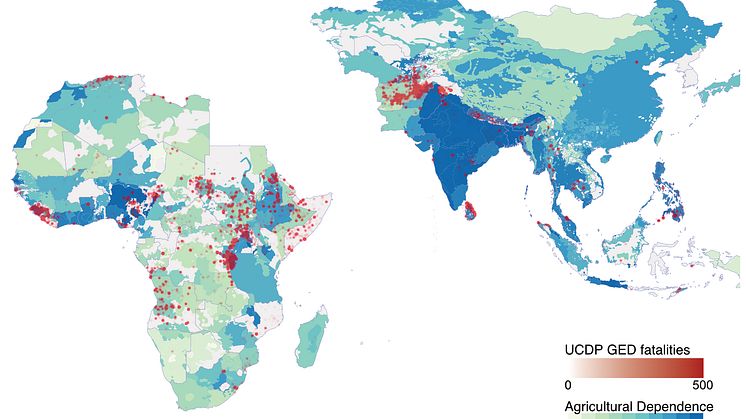Sleep loss tied to changes of the gut microbiota in humans
Results from a new clinical study conducted at Uppsala University suggest that curtailing sleep alters the abundance of bacterial gut species that have previously been linked to compromised human metabolic health. The new article is published in the journal Molecular Metabolism.

